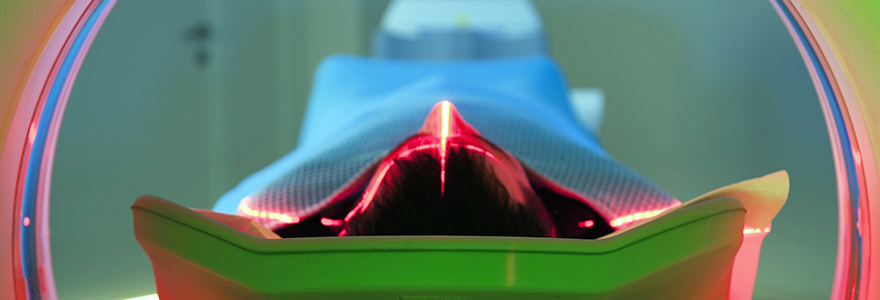Partnerships: New perspectives on health care solutions
By Suzanne Boles
Education in separate compartments is becoming a thing of the past and the Schulich-Ivey Quality in Healthcare Consultancy course is a perfect example.
The innovative course connects business and medicine to find solutions for real-world health care challenges.
The course wrapped up its fourth year in March with a capstone presentation event focused on investigating gaps in clinical care using quality improvement (QI) methodology.
The course, offered by Schulich Medicine and Dentistry and the Ivey Business School, pairs four Honours Business Administration (HBA) students with one health care professional for a total of six teams (six clinicians and 24 students) each year. The focus is finding ways to optimize a health care issue from a financial and clinical perspective.
The course is an example of Schulich Medicine & Dentistry’s commitment to promoting interfaculty and interinstitutional collaborations – a goal in the School’s five-year Strategic Plan.
"This started very humbly as an interest group," said Dr. Alan Gob, Clinical Lead and Education Lead at the Centre for Quality, Innovation, and Safety (CQUINS) and Associate Professor with the Department of Medicine.
Initially, the course helped business students and medical professionals engage with the principles of QI by coaching them on projects throughout the year. Now, the 24-week, co-learning environment combines notable speakers, coaching and project work for teams to investigate cost- and time-saving initiatives for specific health care protocols.
Gob says the Consultancy course evolved further this year with the addition of curriculum specialist Joan Binnendyk, enabling Gob and course director, Dr. Mayur Brahmania, to focus on other aspects.
This year, Brahmania, Assistant Professor with the Department of Medicine, recruited world-class speakers and worked with Binnendyk to design the final capstone presentation event evaluated by a panel of judges from the hospital, business school, and invited industry leaders.
Gob also converted interactive online content into a flipped classroom format, where participants learned content from online videos beforehand and came to class prepared to interact with guest speakers based on what they learned on their own.
"The feedback we’ve gotten from the physicians who have participated in this course is that they were blown away with the perspectives and ideas the business students brought to health care problems,” said Gob. “Similarly, the business students say it's been eye-opening to apply the principles they learn in the classroom to real-world, health care industry problems.”
Mila Gracic, a student in the combined BMSc/HBA program, said her experience highlighted the interconnection between health care and business. Her team, led by project lead Dr. Rob Dinniwell, focused on finding ways to improve access to MRI machines for cancer treatment and was one of this year's top three teams.
Reflecting on her experience, Gracic says she "enjoyed every second of the program."
"We were using our business skills to help solve real health care issues," she said. "Ivey prides itself on case method learning, where we receive cases, we analyze them in class, and then we create solutions. This course was essentially one big case. It was great to see that foundational transfer of knowledge and use the business acumen that we've received to apply to these projects."
Brahmania says next year the team plans to grow the number of participants in the course and expand the network to include community-based health professionals in Woodstock, Sarnia, Chatham, and other sites outside of London.
His future hope is to expand the course to involve students in other Western departments who are working on projects to enhance the health care system.
"By establishing more networks, the course opens the borders for education with collaboration for efficient operations in medicine, translating into better care for our patients."
"This course is a great example of what can be achieved when people take the time to open themselves up to different perspectives," said Gob. "Some truly impressive projects have been completed over the years, including reducing length of stay after heart valve procedures and implementing a training program for ICU nurses to recognize seizure activity when monitoring brain waves (EEG) in children.”
“It’s been an absolute privilege to introduce the concepts of quality improvement to such a diverse and enthusiastic group of people."
Applications are now being accepted for the 2022-23 Schulich-Ivey Quality in Healthcare Consultancy program.








